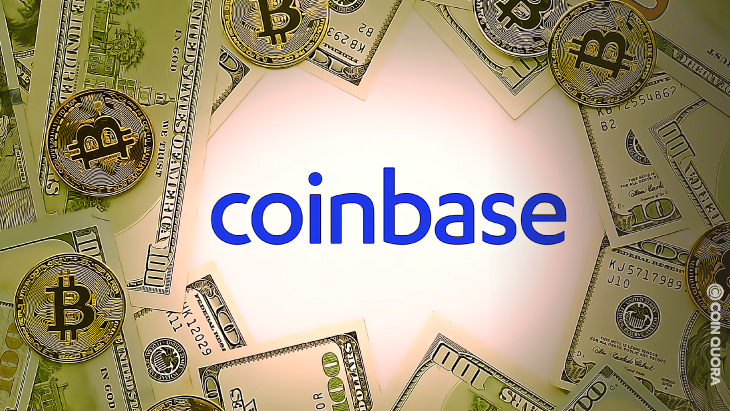- Coinbase executives made over $1 billion selling stocks.
- Coinbase fell by more than 80% during the height of the crypto crash earlier this month.
- They’re trying to raise capital by selling off a part of their stock.
Cryptocurrencies have plummeted this year as investors flee riskier assets due to increasing interest rates and inflation. Investors in Coinbase have been hit much more. Bitcoin had lost 22% of its value in May, whereas Coinbase had lost about 40%.
Since the crypto exchange’s public IPO last 2021, four senior Coinbase Global Inc. executives have made well over $1 billion by selling stock, despite the company’s stock plummeting by over than 80%.
In detail, a Wall Street Journal study of regulatory documents shows that Brian Armstrong and Fred Ehrsam, as well as President Emilie Choi and Chief Product Officer Surojit Chatterjee, made $1.2 billion through stock transactions since the day the San Francisco-based firm went public.
The documents showed that Armstrong and his revocable trust sold stock for a total of $292 million. However, he still has a majority position in the corporation, with 59.5% voting power. Choi spent $9.7 million on option exercises and sold stocks for a total of $226 million in revenues, while Chatterjee spent $6 million on option exercises and sold stocks for a total of $110 million in profits.
During that time, Ehrsam made over $500 million in stock transactions. He acquired $75 million worth of stock in favor of Paradigm One LP, the crypto trading business he co-founded, when the price fell to new lows earlier this month.
Because all four companies sold stock in Coinbase’s direct listing, a large portion of the shares were sold on the first day of trade. An initial public offering (IPO) is a way for companies to raise capital by selling off a part of their stock. For direct listings to succeed, the firm must make such sales since it normally does not sell any shares, unlike going public.


